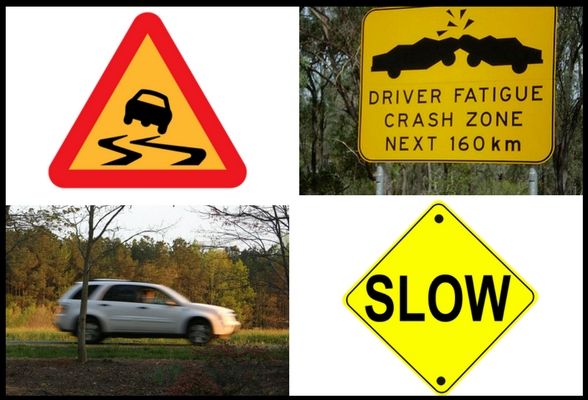Arrive alive – the importance of road safety

Mater Cars for Cancer is thrilled to be able to give away six V8 vehicles every year! We love high performance vehicles and what they offer on the road, however our priority is always safety first. When you get behind the wheel, make sure you are looking after yourself and others on the road. Because no matter where you are driving to – someone is waiting for you to arrive safely.
Alcohol
Most of us drive every day, so it’s easy to forget how complex driving actually is. When you’re behind the wheel you need good coordination, total concentration, rapid reflexes and the ability to make the correct judgments and choices.
So it isn’t a surprise that drinking alcohol diminishes that…
Safe drink driving? There’s no such thing.
If you drink alcohol and drive, you’re likely to find it difficult to:
- Judge the distance between your car and other vehicles
- See and hear properly
- Concentrate normally
- Judge the speed of your vehicle
- Notice traffic lights, pedestrians and other hazards
- Respond appropriately if an unexpected hazard should suddenly appear
- Stay awake
If you know you are going to be drinking, you should make other plans for getting home. Arrange a lift with a friend who isn’t drinking, get public transport or a taxi.
A little over the limit? You are twice as likely to crash…
Speeding – how fast is fast enough to kill?
Speeding is a major factor in critical and lethal car crashes. Most people are surprised to learn exceeding the speed limit even by a small margin can have destructive consequences. Even small decreases in travel speed can reduce crash and injury severity and save lives – this can mean the difference between a close call and a fatality.
If you speed:
- You have less control over your vehicle
- You have less time to avoid crashes
- It lengthens your stopping distance
- It increases the likelihood of crashing and
- Increases the severity of the crash
Driver fatigue – you can’t fight sleep
It is estimated that 20-30% of all fatal crashes on Australian roads are due to fatigue. Drowsy driving is dangerous and potentially fatal. Fatigue affects most people in a similar way. It can decrease reaction time and ability to concentrate, impair performance and judgement and reduce vital attention. The result is poorer performance, followed by an increased probability of falling asleep behind the wheel.
Signs of fatigue include:
- Drifting out of your lane;
- Unintended changes in speed;
- Drowsiness, heavy-feeling eyelids, and microsleep;
- Yawning; and
- Loss of concentration.
If you recognise any of these signs while driving, you should take a break, either by stopping completely in a safe location off the road and having a 15 minute powernap or by changing drivers. Research has shown that fatigue can be as dangerous as other road safety issues, such as drink driving. But unlike drink driving, there are no laws regulating driver fatigue.
Remember, fatigue-related crashes can happen on any trip no matter how long or short or what time of day. It’s important to think about how tired you are before driving, recognise the early warning signs when driving and know what to do to avoid driving tired. The only remedy for drowsiness is sleep.
Have you ever thought of doing a defensive driving course?
Defensive driving courses provide knowledge and hands-on-skills training to help keep you safe on the road. They tend to focus on skills and knowledge relevant to crash situations, that is, what to do to avoid crashes or how to reduce the severity of a crash situation. This in turn will help you understand your car and improve your skills so that you can keep yourself, your family and other road users safe.
Topics such as steering techniques and correct seating, vision, seatbelts, drugs and alcohol, fatigue and trip planning, tyres and basic vehicle checks, as well as braking systems, traction, airbags and stability control, and skid recognition are discussed in most defensive driving courses. They are designed in a way so that drivers can safely explore the effects of speed, road surface and different braking systems when faced with an emergency.
Defensive driving saves lives and makes the roads safer.
Your chance to win…
Mater Cars for Cancer lottery No. 74 is giving one lucky winner the chance to drive away in HSV Senator Signature enhanced by Walkinshaw Performance, while helping to drive vital cancer research at Mater.
Everywhere you look, the Senator Signature brims with technology. A Head-Up Display keeps your eyes on the road, while other driver-focused technologies including Satellite Navigation, Side Blind Zone Alert, Lane Departure Warning and Automatic Park Assist ensure you arrive safely.
So buy your tickets today for your chance to WIN this amazing prize!

We would love to hear from you
We would love to know what you think about Mater Lotteries!
1800 067 066
All times displayed in your local timezone unless stated otherwise. Mater Foundation Ltd as trustee for Mater Foundation is registered as a charity with the Australian Charities and Not-for-profits Commission. ABN 96723184640. All prices are displayed in AUD.



